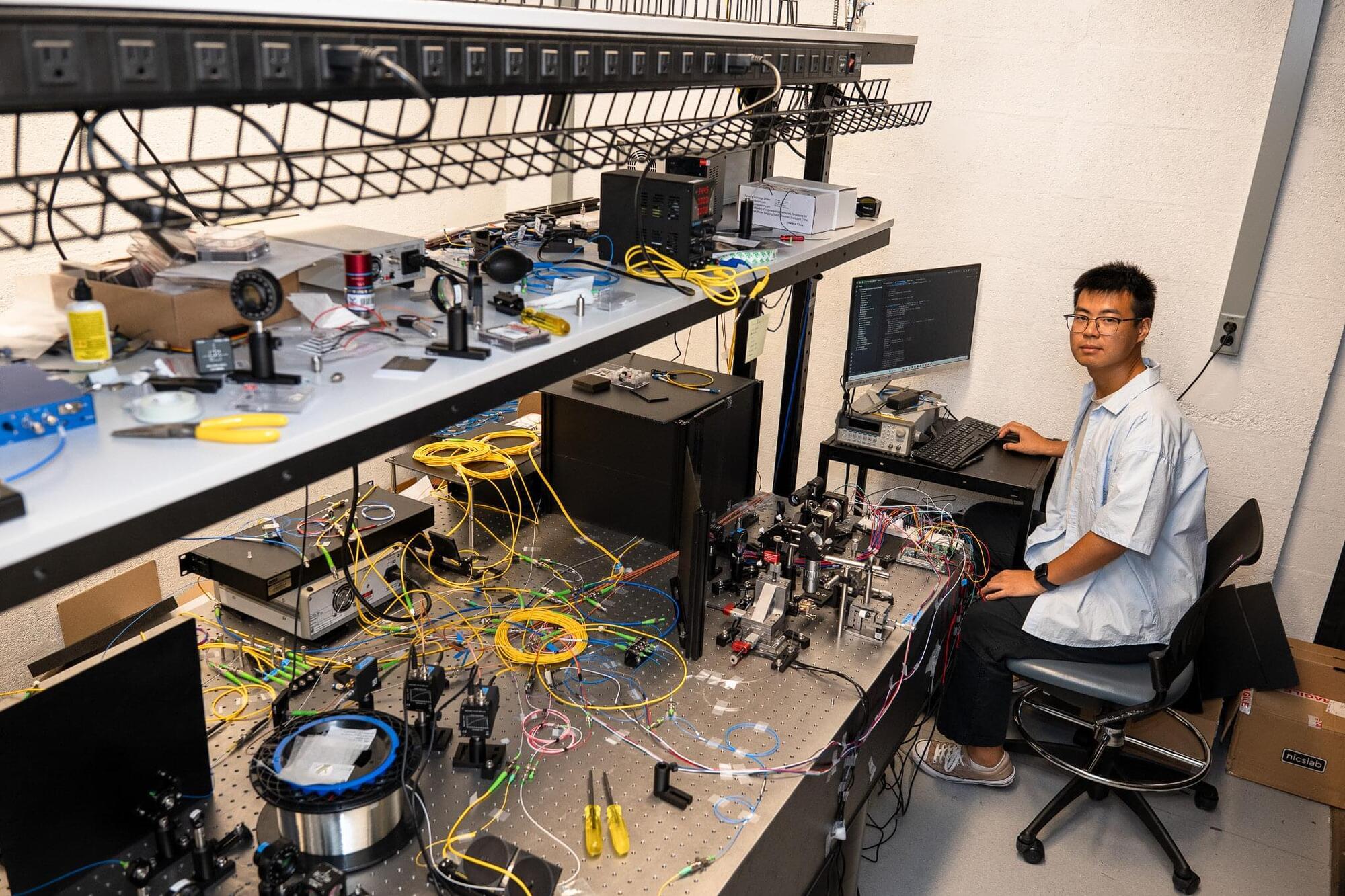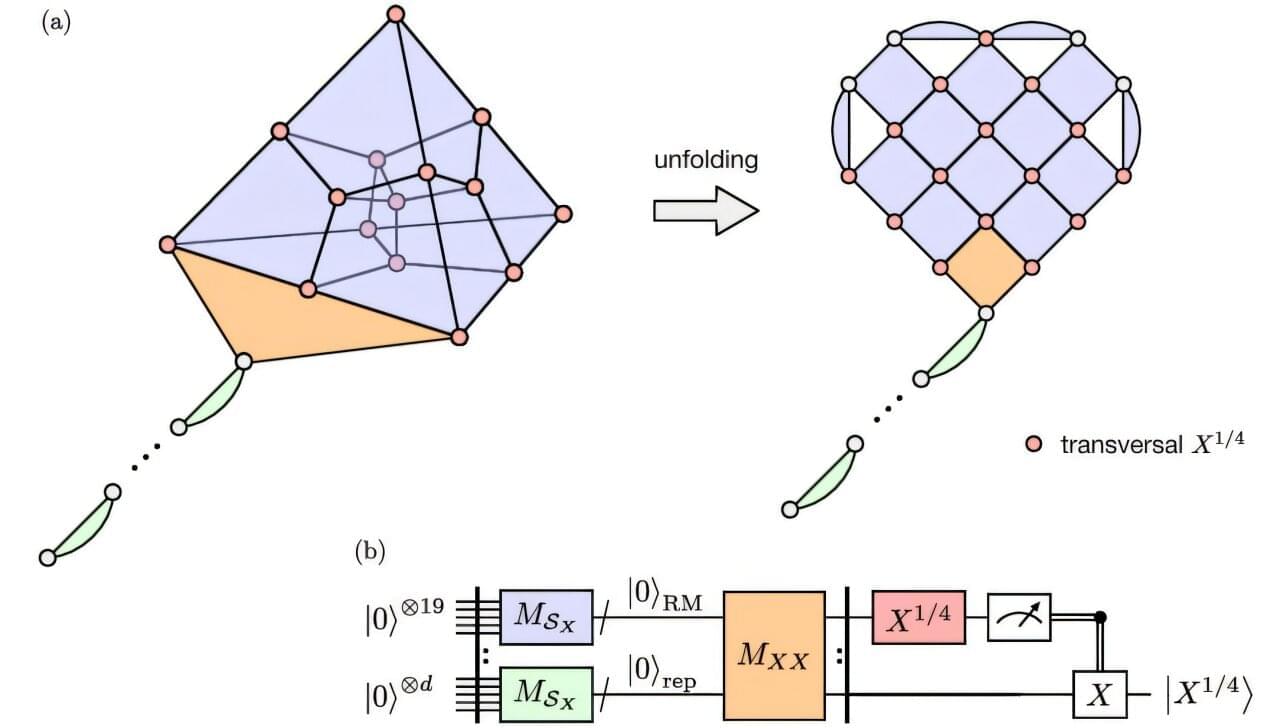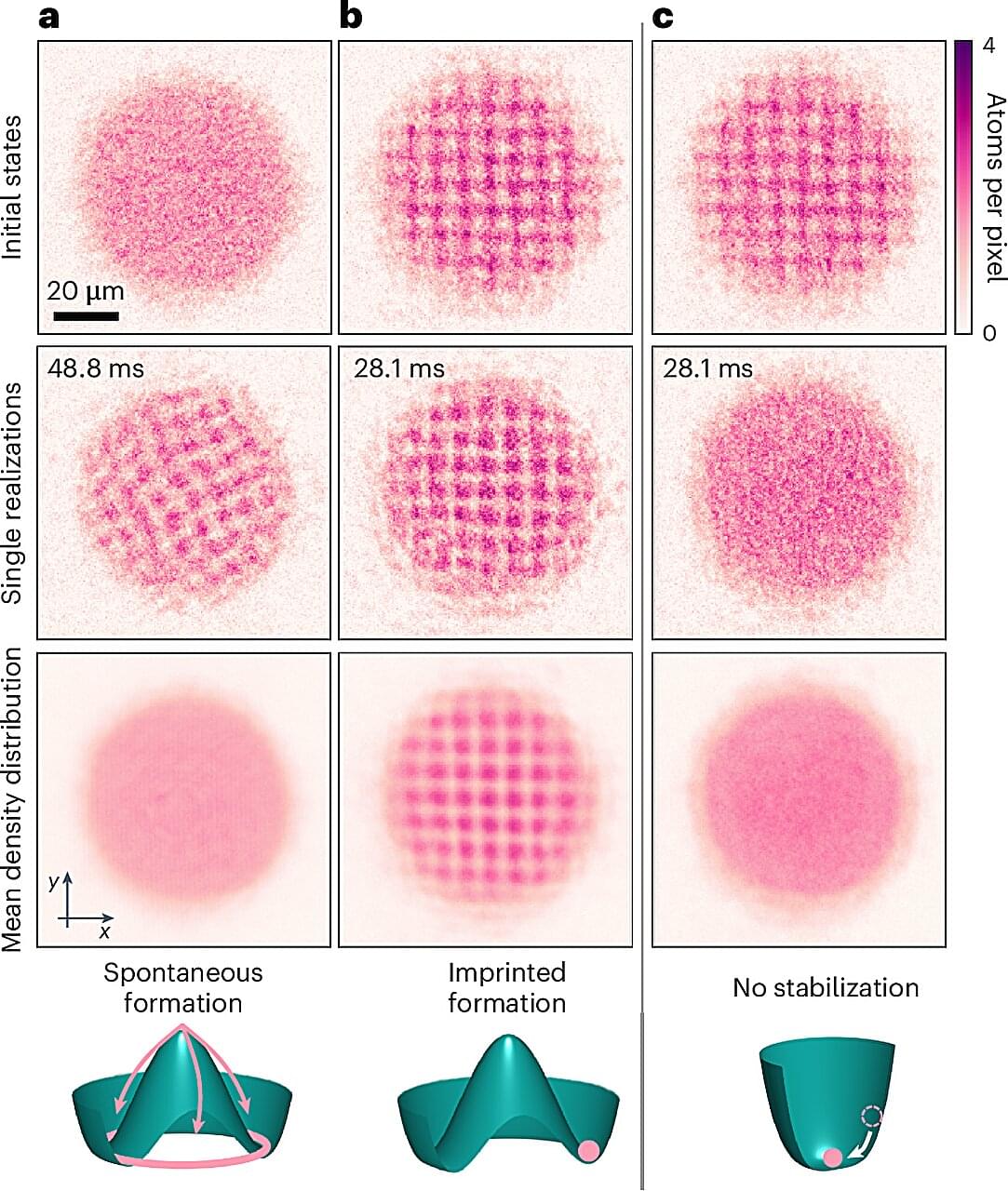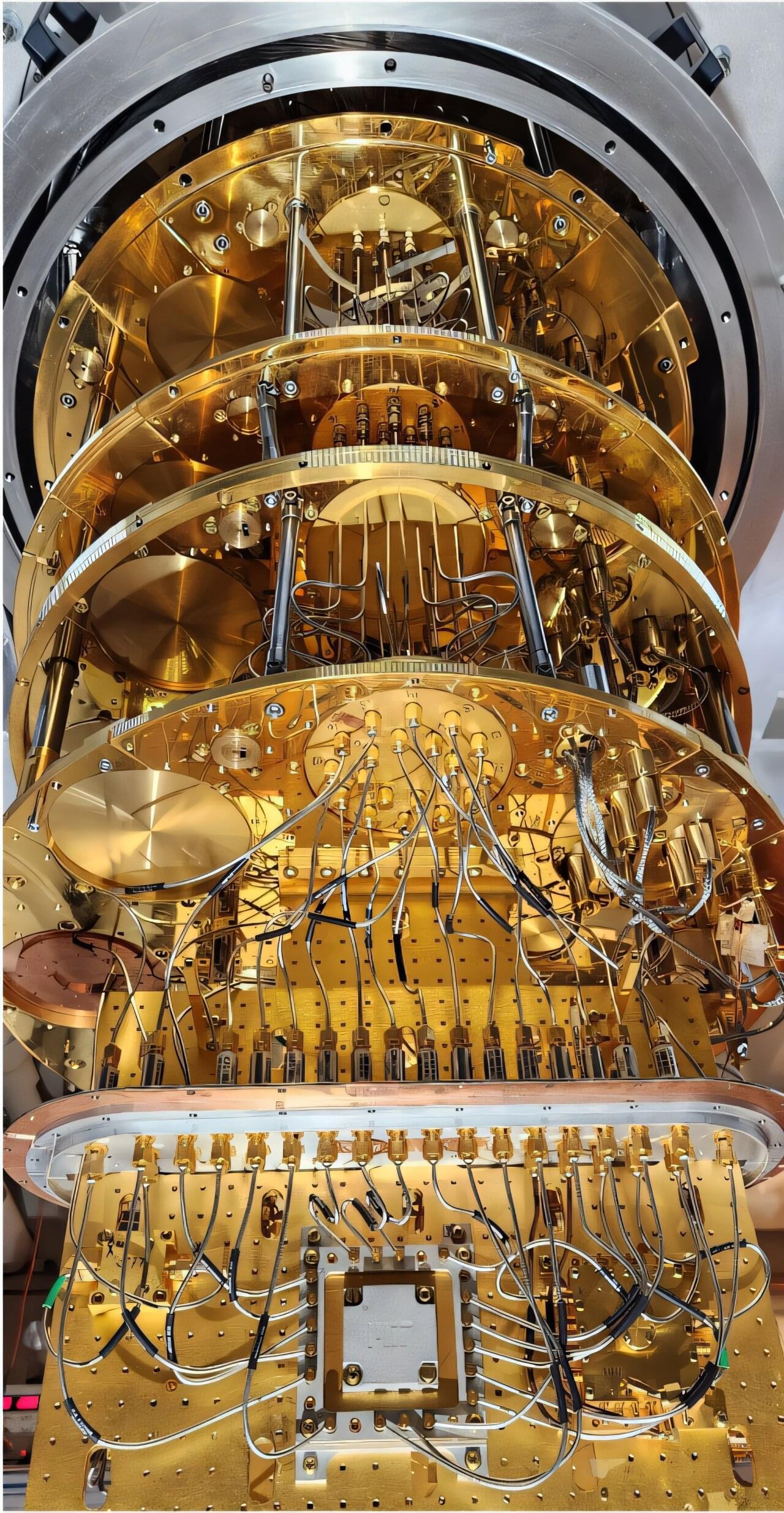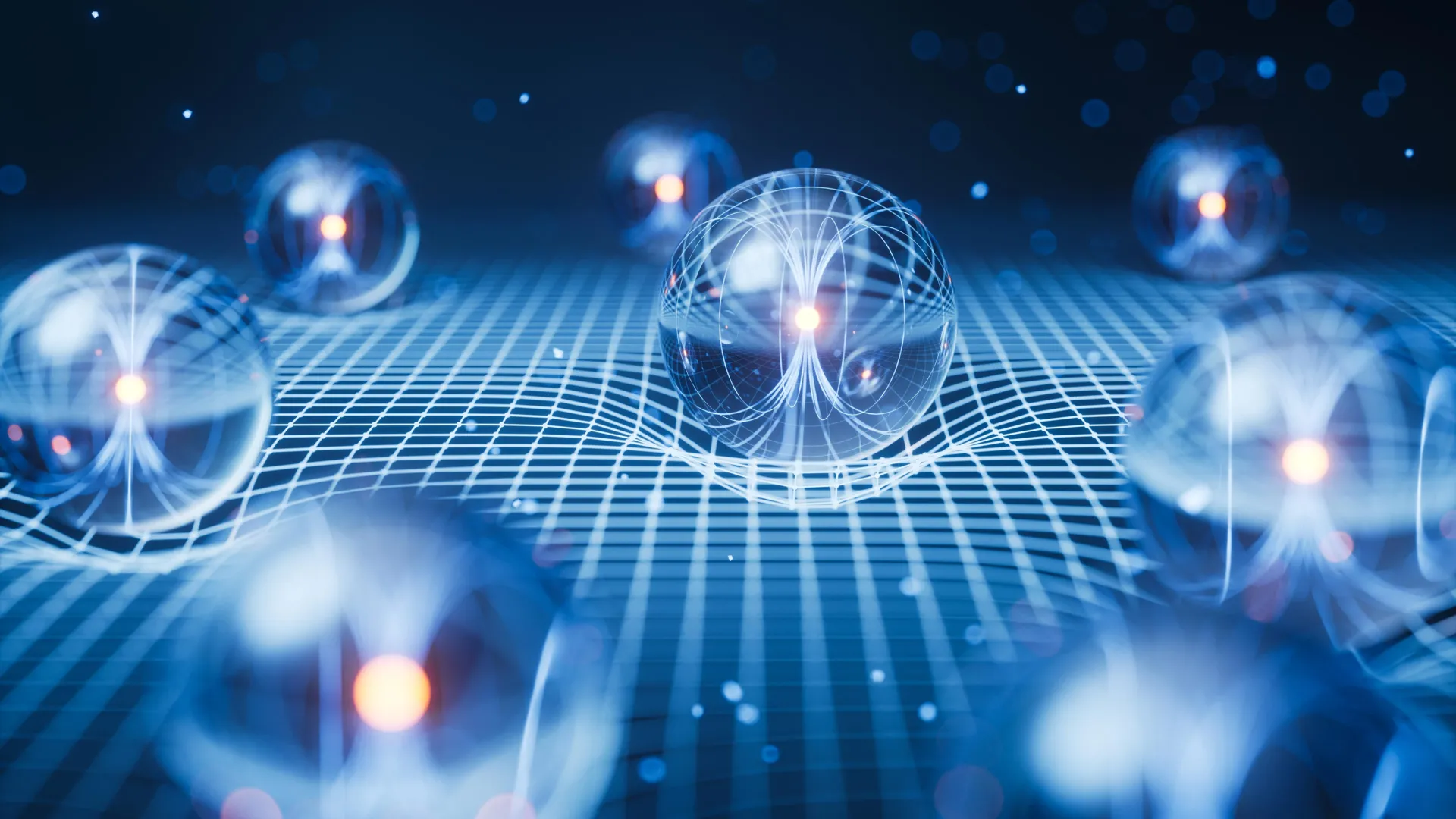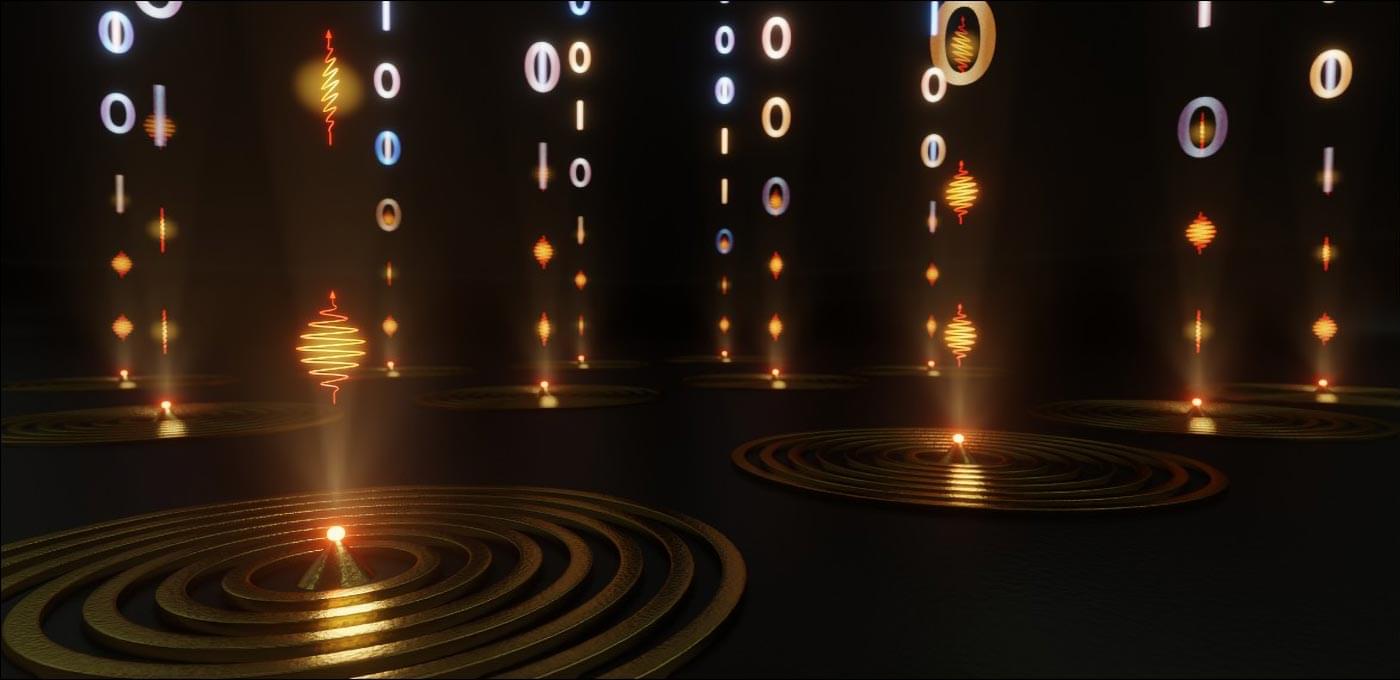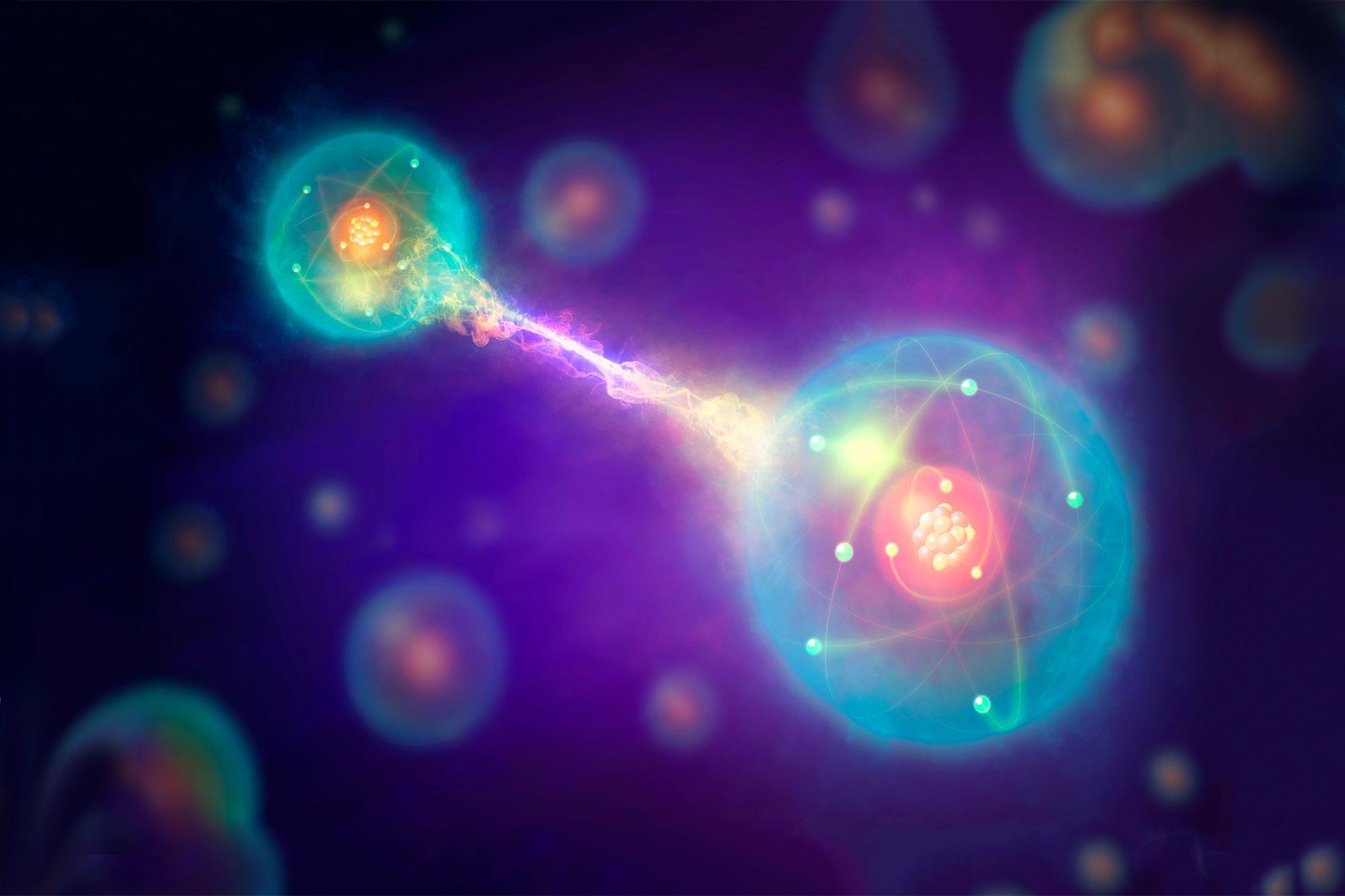In a first-of-its-kind experiment, engineers at the University of Pennsylvania brought quantum networking out of the lab and onto commercial fiber-optic cables using the same Internet Protocol (IP) that powers today’s web.
Reported in Science, the work shows that fragile quantum signals can run on the same infrastructure that carries everyday online traffic. The team tested their approach on Verizon’s campus fiber-optic network.
The Penn team’s tiny “Q-chip” coordinates quantum and classical data and, crucially, speaks the same language as the modern web. That approach could pave the way for a future “quantum internet,” which scientists believe may one day be as transformative as the dawn of the online era.
